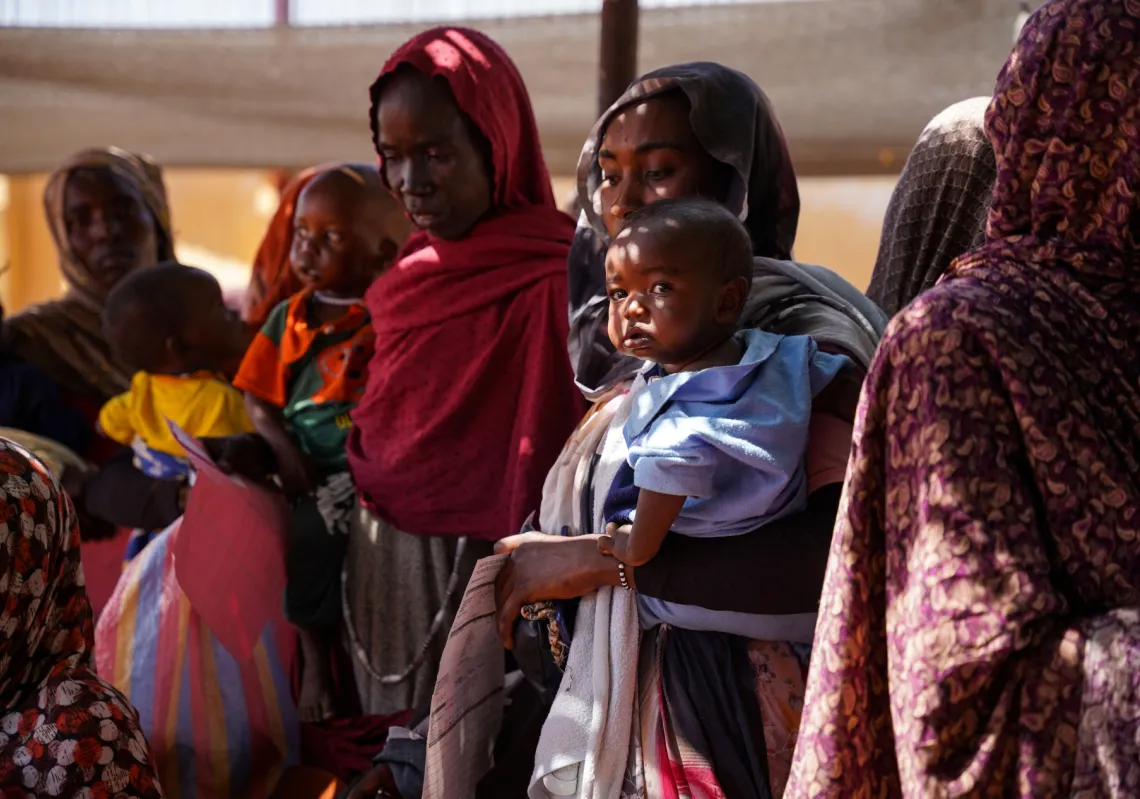A Blessing or a Curse?
Its well-known nickname is "black gold". But Terry Lynn Karl said it can be "The Midas Touch" and the man who founded OPEC once called it "the devil's excrement". As is well known, oil has the potential to rain revenues on a nation, taking the quality of life of its inhabitants to levels enjoyed by the world’s richest. But oil can bring with it peculiar problems and challenges, sometimes an "oil curse"— not only because countries who rely primarily on volatile oil prices for revenues never know when the rug on which they stand might be pulled rapidly from their feet. Oil economies are also prone to certain inefficiencies and market distortions, even in the best of times, if governments do not navigate the storm with the subtlest and most prudent of instruments.
Few could have predicted the price of oil to rise to $150 per barrel last year. Even fewer thought it could drop, almost instantly, to one-fifth the price. But compared with the first major shocks of the oil boom age in the 70s and 80s, oil experts have done remarkably well, employing new strategies to deal with problems arising both on the way up and down.
In the classic formulation from Karl’s “The Paradox of Plenty,” the first potential problem with an oil boom is economic. In what is often known as the Dutch Disease, massive oil revenues boost demand far beyond what local production can keep up with, and that, combined with a rise in the strength of the local currency, causes the country to be reliant on imports for most of its needs. Money is often sucked out of non-oil domestic production, which falters as the country relies almost exclusively on petroleum revenues for income.
The second is political. The ability to spend often takes the place of the need for authority to enforce the rule of law for oil states, and since the government does not need to collect taxes from its population, relations between society and government are based not on a give-and-take but rather on the distribution of rents. Entrenched groups often arise that are privileged by the status quo and opposed to adjustments.
These problems accumulated on the upswing become much more serious when prices drop. In Karl’s formation, this is worse in “capital-deficient” countries with large populations relative to oil reserves, such as Iran, Venezuela, Nigeria, Egpyt, Syria and Mexico rather than “capital-surplus” countries like Saudi Arabia, Kuwait, Libya, Qatar and the UAE—but all experience similar pressures. As Kiren Chaudhry points out, even in Saudi Arabia, attempts to adjust spending down after the boom of the 70s was ineffective in the face of private elites. In almost all capital-deficient countries, however, the boom of the 70s caused a serious economic blowout and political crisis.
Fool Me Once
One reason countries have responded more successfully this time (2007-2009) is the realization that oil has long-term value. Many countries in the 70s thought their oil reserves would soon run out and thus pushed for big spending projects and rapid industrialisation. Avoiding this rush has made easier one of the most important and obvious aspects of successfully handling an upswing—prudent spending policies which avoid overheating the economy and build up reserves for maintaining spending levels in a downswing. Progress on this front in many countries has been crucial.
Some other more creative measures have come out of Latin America. In Mexico, a brilliant hedging mechanism employed by the finance minister allowed the country to collect $8bn when the price did fall. This is well-informed betting is difficult to replicate by those who are less than clairvoyant, but can be useful when prices look unreasonably high.
In Venezuela, some more radical approaches have been employed: oil industry nationalizations and the strict enforcement of tax collection. Taxes help establish a non-oil revenue stream, and nationalisations, though not cheap (economically or politically), can divert money from temporary upswings into the future, when during periods of low prices the state can benefit from a “higher share of lower revenues,” explains Pietro Donatello Pitts, of LatinPetroleum.
Saudi Arabia’s strategy, though also successful, was much more conservative. She relied on large reserves and its regulated banking sector helped avoid the creation of excessive credit in boom-times. Much of the spending within the country was on economic diversification and large infrastructure projects. Other gulf states, on the contrary, poured money into real estate, creating problematic housing bubbles.
And in Saudi Arabia, “the authorities didn’t succumb to populist pressure to spend excessively and adjust the exchange rate, so they are now well placed with very low government debt and high foreign reserves,” says Brad Bourland, chief economist at Jadwa Investment.
Because of its political structure, Saudi Arabia has been able to maintain its conservative spending and exchange rate policies, despite being one of the poorest countries of the Gulf in per capita income terms.
Though none of the vagaries of oil’s price nor its negative potential effects have gone away, countries have done well relative to the 1970s. Many have learned some lessons of overspending, if most have avoided the prickly issues of confronting entrenched elites.
What happens next will largely be dependent on Saudi Arabia itself, who because of a project to expand output to 12.5m barrels a day, have a large say in moving the price. At the moment they seem likely to prefer medium-level prices and a steady global recovery to high prices that might threaten it, as the Saudi economy is currently performing satisfactorily in the areas that matter to the regime. But with oil prices, little is predictable.
Vincent Bevins - London based journalist and political economist. A frequent contributor for New Statesman magazine and most recently for the Financial Times.







